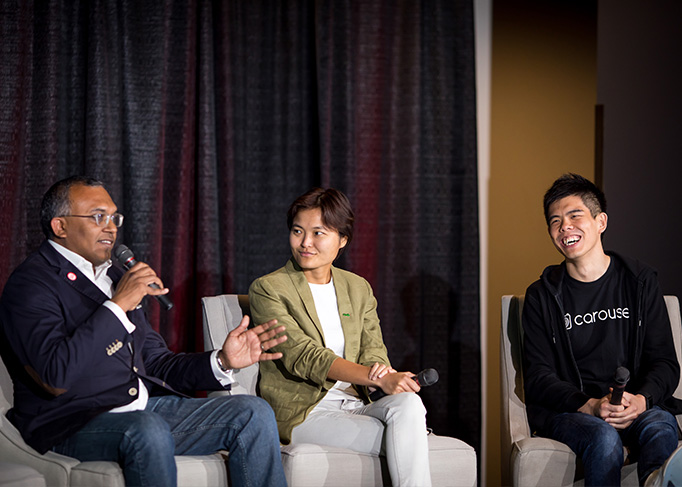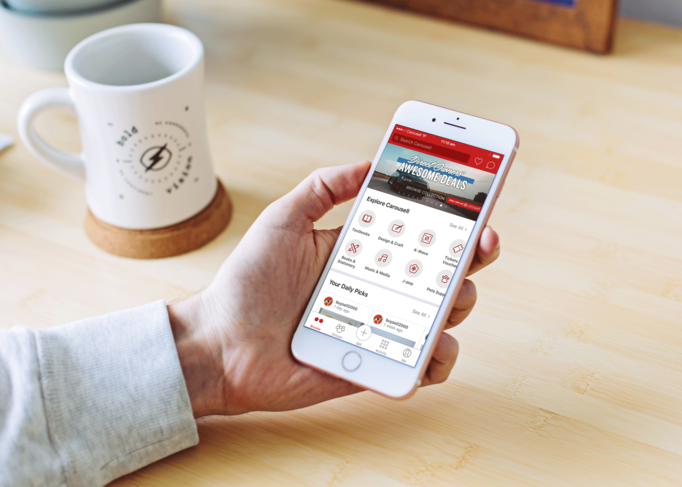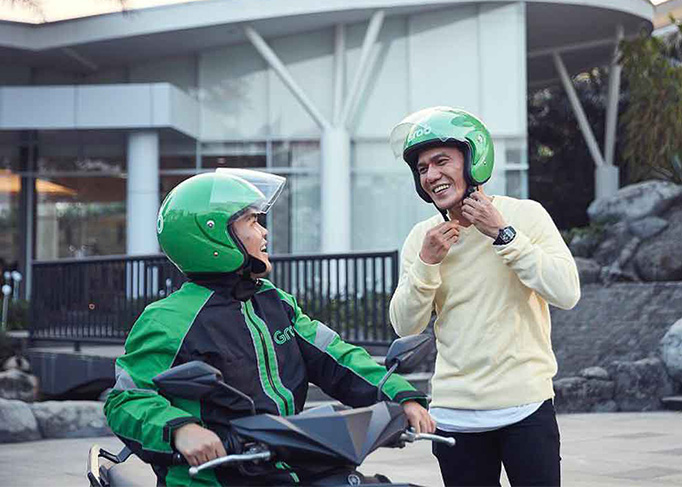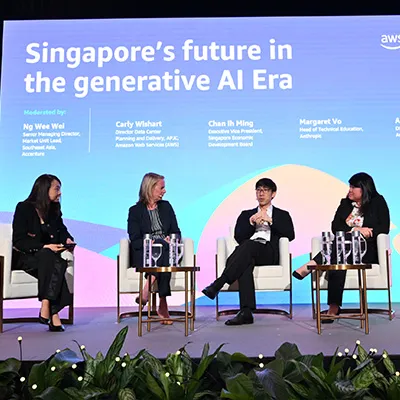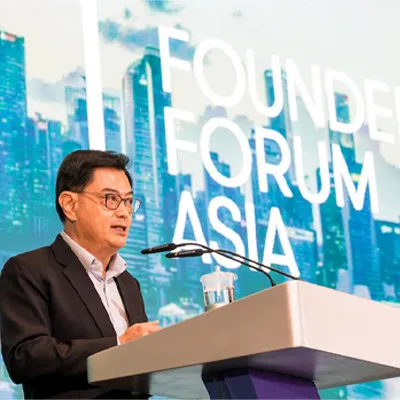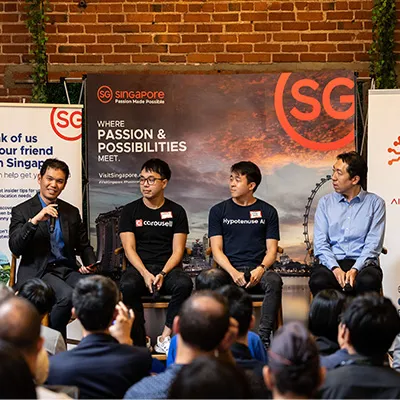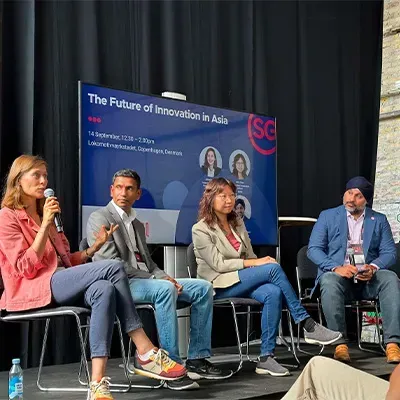At the Singapore Tech Forum held this April in San Francisco, two startup founders share how they built their businesses by solving everyday problems faced by millions in Southeast Asia, and why they do so from Singapore.
Behind every successful startup is a problem.
For marketplace app Carousell co-founder Quek Siu Rui, the problem that kickstarted a seven-year odyssey building one of Southeast Asia’s most successful startups was how frustrating he found selling the books, laptops, and cameras he no longer had use for as a student in the National University of Singapore.
“If you’ve ever bought or sold something on a forum or classifieds website, you’ll remember how difficult it could be to list an item, or find something you wanted," he says. Together with some friends, he began to wonder if the tedious process could be simplified with something everyone was already using: a smartphone.
“The basis of the idea was that selling should be as simple as taking a photo, and buying as easy as chatting,” explains Mr Quek.
In March 2012, the idea of a mobile-classifieds app was born when Mr Quek and his friends built the first prototype of Carousell at Startup Weekend Singapore, a 54-hour hackathon. It won the top prize and was so well-received that some people asked to download the app right away.
